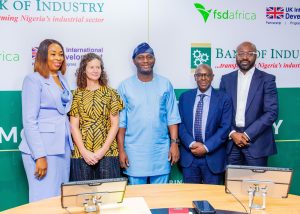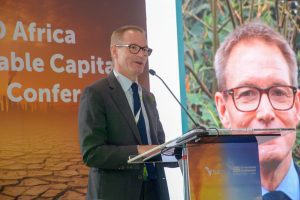Part Two: How do you get a banker interested in refugees?
Between 1-3 November 2017, FSD Africa brought two worlds together for the first time. Working with UNHCR, Government of Rwanda, and Access to Finance Rwanda (AFR), we took decision-makers from the banking community into Gihembe Refugee Campin Rwanda to participate in a ‘Financial Product Design Sprint.’
Refugees and other displaced populations are not an obvious place for FSD Africa to be working. We are a financial sector development programme, focused on developing markets and commercially viable financial systems over the medium to long term. Refugees, in much of the popular narrative, are transient, risky and poor – not a client group that a bank would typically target. So how do you foster private sector interest in refugees as customers?
The role of markets in humanitarian crises is not a new subject. Amartya Sen wrote Development as Freedom (1999) almost twenty years ago, making the argument that famines and other crises are caused by a complex web of economic, political and social forces, not just a disruption to food supply. If we focus on one cause of a humanitarian crisis, we’ll miss the underlying challenges that allowed it to happen. The failure of markets is often a critical factor in creating a crisis, and the development of functioning markets are vital for any long-term solution. We think that financial markets play a key role in a long-term, sustainable response effort, by easing transactions, supporting safety nets, helping to manage risk and channeling credit to those who can use it productively.
Sen was writing about famines in the late 1990s, when the total number of people of concern (refugees, IDPs and other forcibly displaced people) in the world had plateaued at around 20 million. Today, this number is 67 million, and rising. There are more forcibly displaced people in Sub-Saharan Africa than there were worldwide in 1999, and almost half of these (9.8 million people) live in countries where the FSD Network has a presence. So if we are on the ground, and accept that markets (including financial markets) have a role to play, we have a strong imperative to respond.
But how? Bankers are profit-driven and risk-taking is generally disincentivised by regulatory frameworks. How can we, as the development sector, help them to build a viable business case for serving refugees?
We’re new to this. So, a test-and-learn approach makes sense. But, so far, some important themes have emerged that are guiding our work:
- Help to build the business case: Much of the data and information behind the successful business models can be a public good, which is a good use of development spend. Banks might not want to cover the costs of gathering market intelligence, but if – the role of the institution is to use this information smartly (and better than its competitors). Watch this space for market intelligence gathered by <"http://bfaglobal.com/">BFA and FSDA.
- Be honest about what can (and can’t) be done: Some forcibly displaced people cannot be feasibly reached in a commercially viable way. For example, very new migrants, or very poor in remote areas with minimal economic activity, pose difficult challenges. Some of the responsibility will inevitably still fall on humanitarian agencies, especially in the short term. The key is to develop a credible path to more sustainable models to improve the lives of FDPs over the longer-term.
- Look for partnerships that fill gaps in capacity and outreach: There aren’t many people out there with expertise in both financial market development and humanitarian crises. So, partnerships are critical. We are working closely with UNHCR, AFR and other agencies that know and understand refugees better than we do. Similarly, a bank might not serve refugees directly but it might work with an NGO and a mobile money provider to build an integrated solution.Bring the refugee voice into the conversation: Refugees and other displaced people have very different stories, and are not a homogenous group. They use money differently and have various needs from financial services. Some of these are counterintuitive and hard to predict. For every event we have held with financial service providers, we have invited refugees themselves, and, as a next step, we are taking bankers into a refugee community to participate in a product design sprint. This is, we think, the best way to break down information barriers and build empathy.
- Incentives matter: Information and exposure are useful tools, but sometimes financial support is needed to change behaviors. So, we are looking for ways to use financial subsidy to unlock innovation in the financial sector. We do this by identifying where the blockages are, and understanding how development money can be used to incentivize a decision (developing a new product, building a nhannel) that could genuinely impact the lives of refugees. FSDA will launch a Product Design Competition in December 2017. Round One will provide up to x4 awards of £10,000, while Round Two will provide up to x3 awards of up to £150,000.
The current crises of displaced populations such as those in Rwanda, Uganda, Nigeria and DR Congo are going to be long and complex, and solutions need to take into account this complexity. Financial markets can play a small but critical role in the overall picture, and for that to happen, we need to get bankers interested in refugees – as incongruous as those two worlds ma




